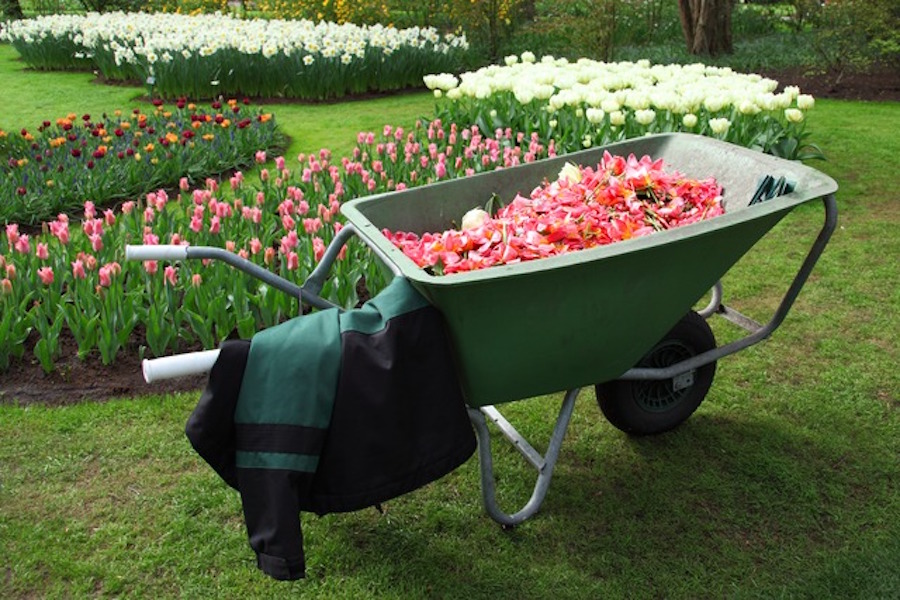How to Create a Beautiful Hassle Free Garden
Gardening has been linked to greater life satisfaction and better health – plus it’s Britain’s favourite hobby!
Yet there’s no doubt that pulling up tree roots and eradicating that pesky Japanese knotweed becomes harder as you get older. Fortunately you can reduce the busywork involved with creating a beautiful garden. Ranging from interesting new materials to ancient techniques such as companion planting, used in the forest gardens of pre-history.
Companion Planting
Companion planting is where you place two or more different plants in the same area to deter pests, fix nitrogen or provide shade. The most famous example is the Three Sisters method. This means planting corn for shade, squash as a living mulch and beans as a nitrogen fixer. Another example of companion planting would be growing mint (ideally in a pot, as it spreads!) near food crops. The fragrant herb repels pests such as aphids, beetles and ants – and is delicious to boot!
Benefit: Natural pest control, nutrient fixing and fertilisation for your garden.
Square Foot Gardening
Square foot gardening is where you create 4 x 4 squares, with a different species of plant in each plot. It’s a low maintenance technique that works very well with companion planting. This intensive, close-knit method needs less weeding (often the gardener’s most gruelling task). Squares are self-contained and can be placed onto rough ground. Because the beds are smaller they’re easier to maintain and harvest.
Benefit: Reduced weeding, watering and pest control.
Grow Hardy Plants
Hardy plants can make the gardener’s life so much easier. You can plant perennial bulbs such as Tulips or Freesia, and they will spring back every year. Evergreen shrubs and trees are adaptable and often self-sustaining. Local, native varieties are even better – adapted to the local soil, they need far less care and maintenance.
Benefit: Plants require less water, pest control and cultivation.
Quality Tools and Decorations
With tools, invest in the best you can afford, and keep them clean. Storing them in sand after cleaning can help prevent rust – and make them easier to find! Sheds and Pergolas can be built from recycled plastic timber to reduce maintenance. Fencing can be wooden – which will need regular treatments, and will be prone to rot. Alternatively, for a low maintenance garden, try one made from specially treated steel, which won’t rust or corrode for 25 years.
Benefit: Less maintenance of tools, fences and garden buildings.
Organic Mulching
Mulching can help conserve water, protect plants from temperature fluctuations and reduce weed growth. Organic mulches can be living ground cover plants, or inert, such as grass clippings or bark chips. Bark chips look and smell gorgeous – they protect the earth from temperature extremes and encourage worms to take up residence in the garden.
Benefit: Reduced watering and fertilisation, with temperature protection that reduces the need for replanting.
How do you keep your garden low maintenance and hassle free?
Latest posts by Sally - Silversurfer's Editor (see all)
- Freezing this Christmas, a charity single could hit the number one spot - December 20, 2024
- Theatre tickets from £10 for 50+ London shows with See It Live in 2025 - December 19, 2024
- Should Waspi women be entitled to compensation? - December 17, 2024
- What was your favourite childhood toy? - December 17, 2024
- It’s never too late to play bridge - December 15, 2024




















